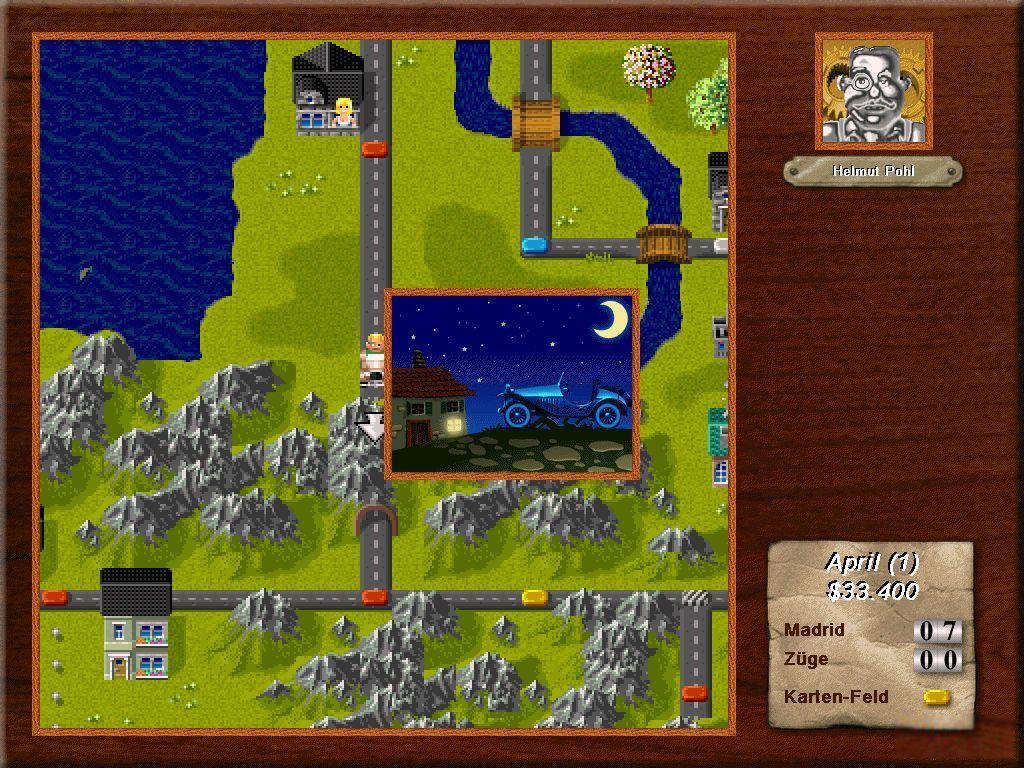

It isn’t as well designed, and it doesn’t have a famous pedigree of developers. Wordbase may not have the kind of buzz that Letterpress did, but it is a better game.
Madcap games puzzles how to#
What Sucks: It’s not clear on how to unlock hard difficulty mode, missing instructions on using and unlocking powerups.īuy it?: If you are looking for a unique puzzle game with a focus on replayability, grab Next – Numbers on the App Store for $1.99. What’s Good: Minimal design, lots of challenge modes, and good replay value. The game has its own leaderboards so you always know where you stack up, with some people solving the easy mode in less than a second. That simplicity oddly enough creates a replay value encouraged by the fact each game only takes around a minute or so to play. There are statistics tracked for each game that make it finishing something just a second faster feel like an accomplishment. The game starts with an easy and medium difficulty, which has 15 and 35 numbers respectively. You can either do this with or without a time limit. You get a grid of numbers and you need to tap all of them in order as fast as you can. Next – Numbers may be the first game that appeals to people who spend a lot of time with newsprint and pencils. However, few of them have the simplicity of a pen and paper game. Overall: The best physics game I've ever played - and one of the best party games I've ever played.There are a lot of casual games on the iOS platform. I would have a lot more hours on this game if there was just more levels or maps or game modes. There's no real arcade mode to speak of, or any challenges aside from the steam achievements included. There's only so many maps, and so many times you can play the same puzzles.

And when you do get there - there's actually some content waiting for you. So the second time around, you look at every little nook and crany in the environment and start to think: "I wonder what's in/up/down there". The game also rewards you for treading off the main path. Again, mainly due to watching friends try to work out puzzles while I already knew how to do them. Replayability: The second or third time round a few of the maps was still enjoyable. There's a somewhat steep learning curve in the mechanics, but nothing you can't eventually figure out - we even brute-forced our way through a few puzzles/doors without realising. I'm usually the type who would rather google the solution than work it out for myself - but in HFF I wanted the satisfaction of figuring it out. The puzzles the game presents are super fun to work out. Hauling each other around, watching each other ♥♥♥♥ up and fall off a cliff - hell, even watching them just try to plug a wire into a connector is so entertaining. The huge castle/fortress or aztec jungle etc, look great with the game's lighting, colours and shading. The environments presented in the game are where the aesthetics really come into their own. The polygon art style suits the game well, and probably helps to keep it running so smoothly. Throw this in with the functional physics system and suddenly picking up a brick and throwing it over your character's shoulder becomes an immensely entertaining activity, for something so simple. The name of the game here is interaction and HFF does it incredibly well. This simple interaction is thoroughly enjoyable to learn, while being suprisingly difficult it's still satisfying. Human: Fall Flat invents an entirely new mechanic for interacting with a virtual world - all through attaching the left hand to your left mouse button, and the right hand to the right button.


 0 kommentar(er)
0 kommentar(er)
